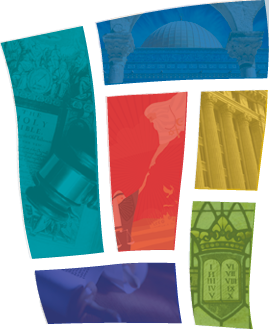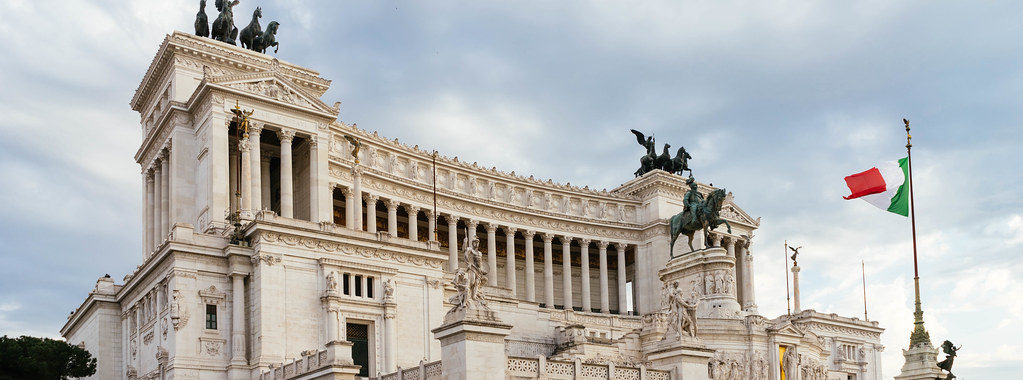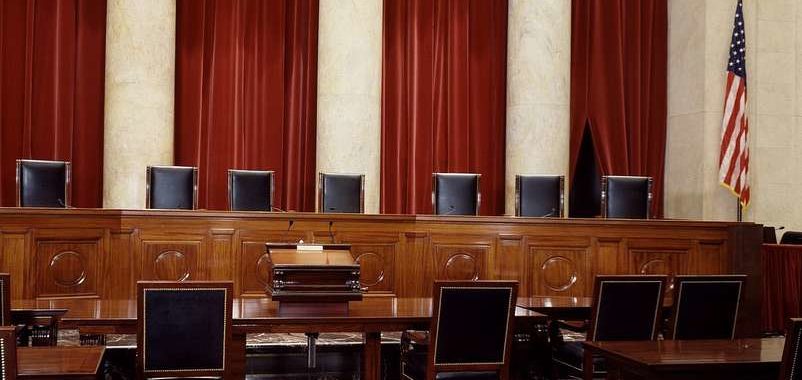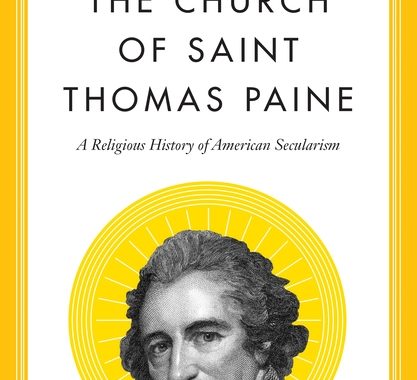“Pluralism and the Future of Religious Property” by Whittney Barth
A virtual conference sponsored by Canopy Forum and the Center for the Study of Law and Religion at Emory (CSLR) featuring scholars, experts and practitioners who will examine issues facing religious congregations, neighborhoods, towns, and cities where houses of worship are falling into disrepair or vacancy. View selected videos and browse all essays here. “Pluralism and the Future of…










